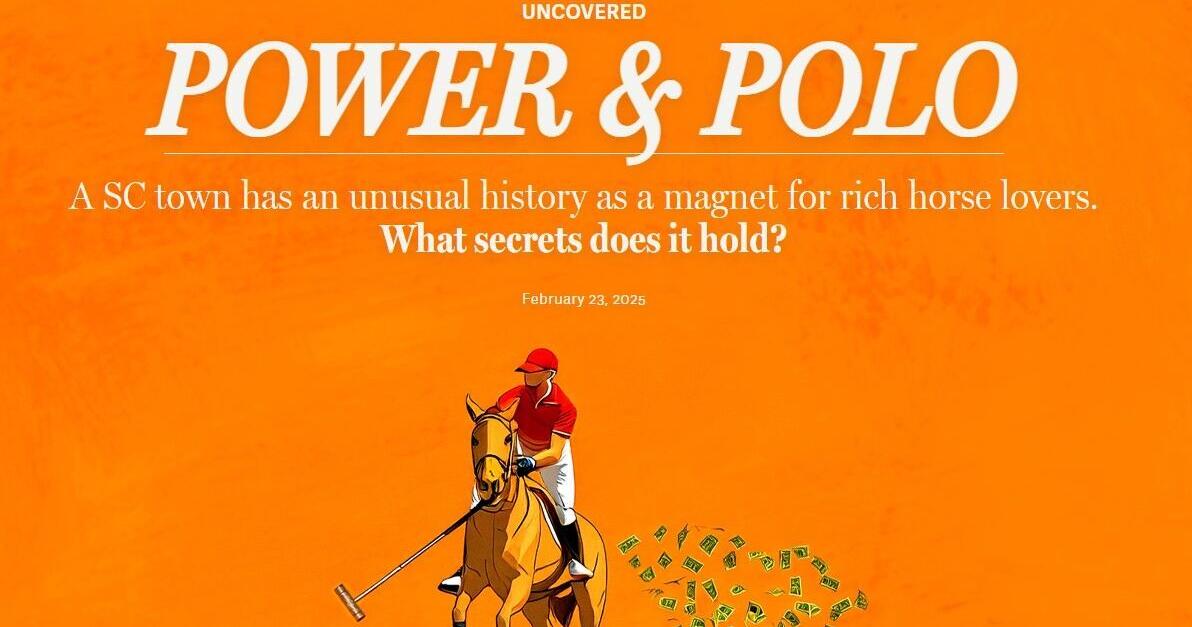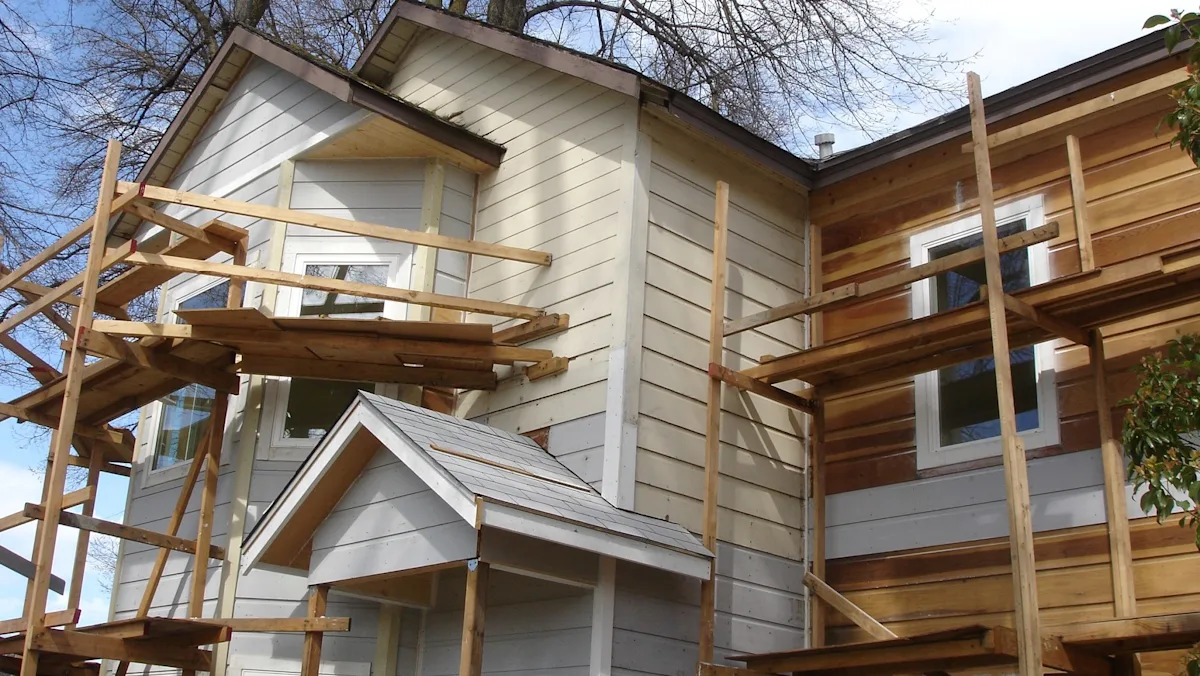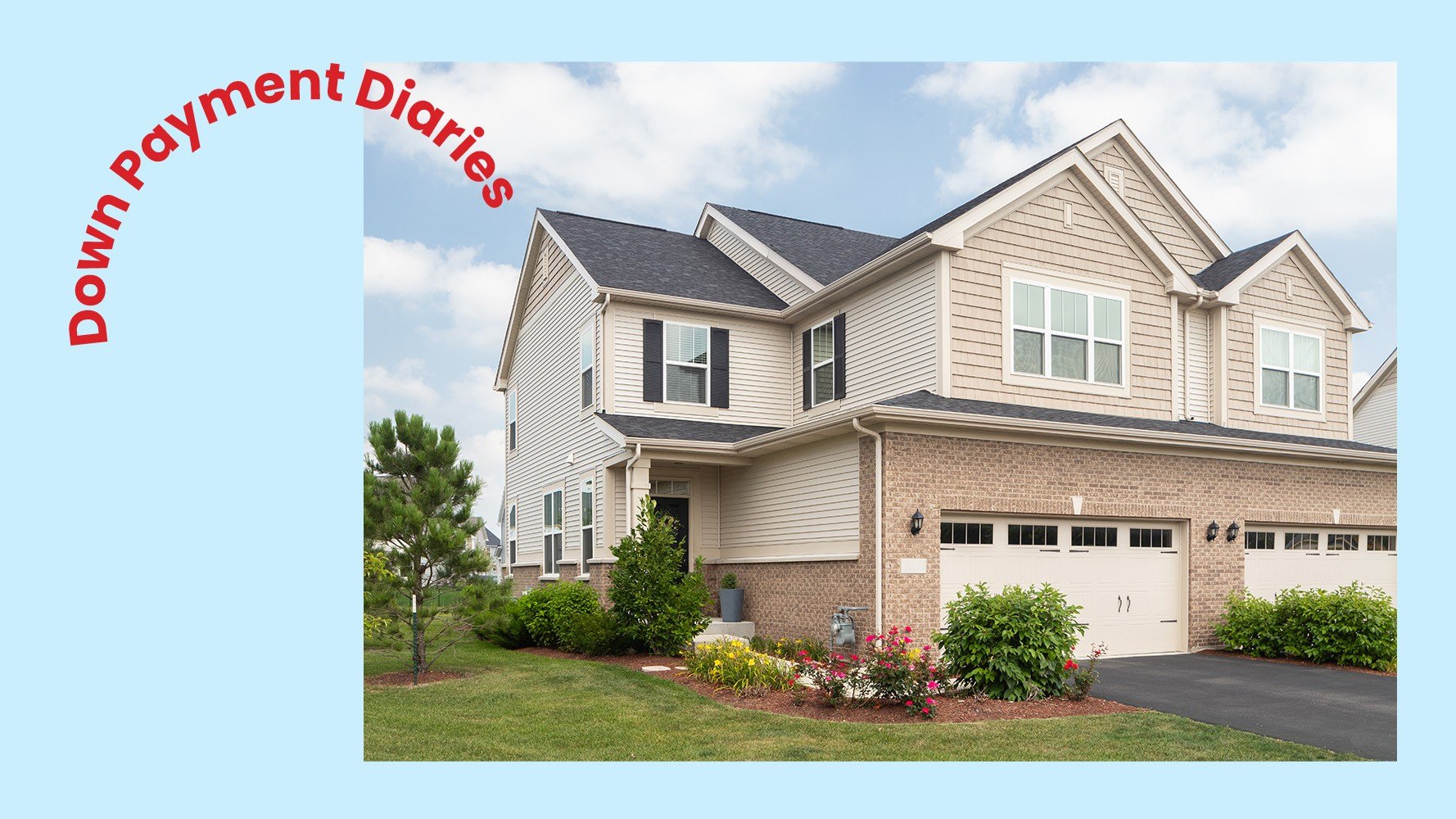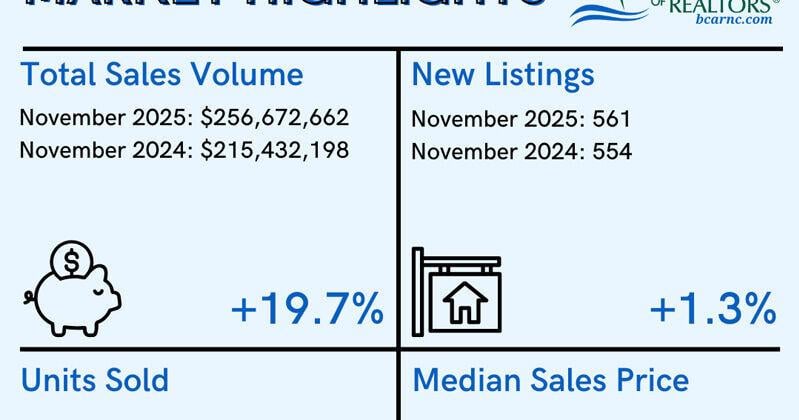T
hird in a week‑long Newspaper Week series, this column showcases our most consequential stories and gives readers a backstage look through a Q&A with the reporters.
This year we launched two international collaborations. First, we examined how affluent foreign investors funnel money into U.S. real‑estate—especially in South Carolina—amid weak disclosure laws. Senior Projects Reporter Tony Bartelme, joined by Glenn Smith, deputy managing editor for investigations, led the effort. In February they released “Power and Polo,” exposing how a top Nigerian official moved almost $1 million into a sprawling horse farm in Aiken. Nigerian prosecutors now charge him with diverting more than $2 billion from the state. The story was produced with two nonprofit public‑interest groups based in Paris and Amsterdam, plus the Aiken Standard.
Last month we partnered with The Atlanta Journal‑Constitution and the Russian outlet iStories. Each outlet crafted its own narrative, but the Post and Courier piece focused on sanctioned Russian bankers whose U.S. assets were frozen, yet who invested millions in South Carolina resort properties. Tony explains how these projects grew out of our “Uncovered” partnership with local South Carolina newsrooms—investigations into crooked sheriffs and taxpayer‑funded hunting lodges. An international anti‑corruption network spotted our work and invited us to collaborate on a global scale, launching “Power and Polo” and later “The Russians Next Door.”
How did we dig? “It’s like a giant jigsaw,” Tony says. “You start with the picture on the box, then hunt for pieces that fit. Documents are the backbone—once you find a revealing one, you know you’re on the right track. In Power and Polo we sifted through more than 5,000 pages of paperwork, but we also spent countless hours in Aiken talking to polo experts, and worldwide experts on Nigerian money‑laundering and equestrian culture. Court filings from two continents and Los Angeles police reports on a multimillion‑dollar heist rounded out the evidence.”
The result was a story that traced a powerful Nigerian mint‑official’s purchase of a million‑dollar horse farm, weaving in the intricacies of horse culture in both Nigeria and Aiken, and exposing a broader corruption scheme. “The Russians Next Door” was more straightforward, relying on public documents to reveal how sanctioned Russian bankers bought properties in Palmetto Bluff, a luxury resort near Bluffton, and highlighted gaps in U.S. policy aimed at curbing Russian aggression in Ukraine.
Both stories share a core theme: the U.S. real‑estate market is among the least transparent worldwide, creating a fertile ground for foreign investors to park vast sums and, when corruption is involved, to launder money.
Impact? “The reach was global,” Tony notes. “Power and Polo drew large audiences in the U.S. and West Africa, and transparency NGOs and experts highlighted our findings on their platforms. Sometimes the impact is less measurable—like a reader telling us the piece clarified a complex issue for them. That’s the most meaningful outcome for a journalist.”
Why journalism? Tony admits he was uncertain about the profession 40 years ago, but early stories showed him the power of accountability and facts. “I hate puzzles in the abstract, but I love piecing together real‑life mysteries that matter.”
EDITOR’S NOTE: The Post and Courier has launched the Journalism Preservation Society, a membership‑driven nonprofit extension of our Public Service and Investigative Fund. The society aims to protect our watchdog reporting and uphold high‑quality journalism in South Carolina. Membership details are available at www.postandcourierfund.com/journalism‑preservation‑society or by contacting Claire Linney at 843‑925‑0762 or [email protected].















